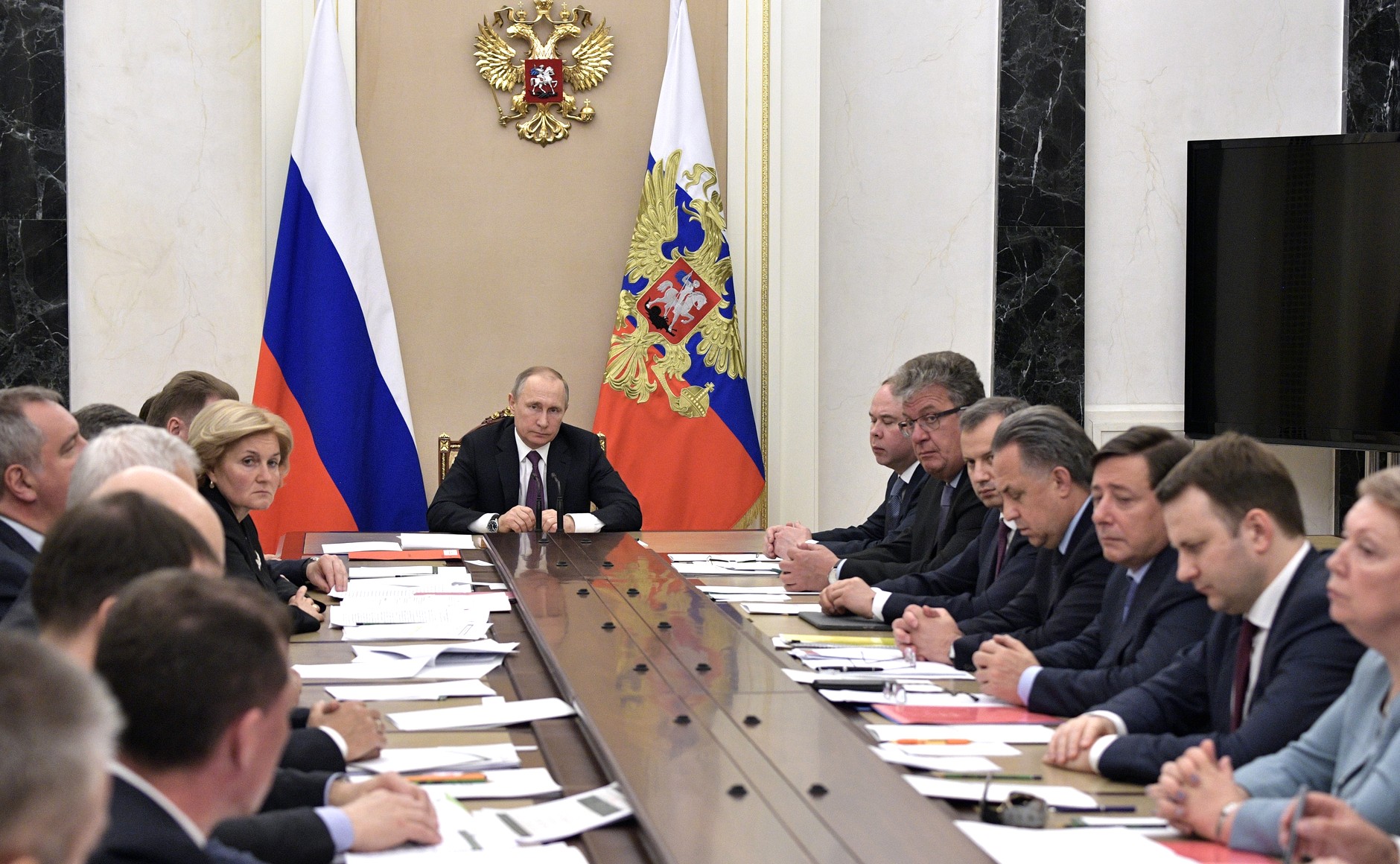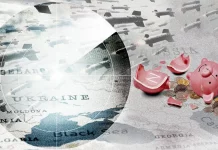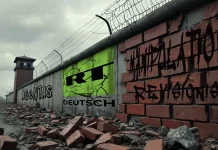By Paul Goble, Window on Eurasia
The failure of Vladimir Putin to get a sit down with Donald Trump represents “the agony of [the Kremlin’s] ‘Putin is Ours’ special operation” and is leading some in Putin’s entourage to think about some kind of “hybrid capitulation” that both the US and the Russian people will accept, according to Andrey Piontkovsky.
Ever more people in the Russian capital, the commentator says, recognize that Putin’s play for Trump has “turned out to be a very big mistake. Had Clinton won, everything would have ended with another rest. In any case, the attitude of the US toward the Putin regime would be much more positive”.
That is because, Piontkovsky continues, the closeness between Putin and Trump at a time of Russian aggressiveness has mobilized “the majority of the military-political establishment” against Moscow. As a result, “Trump and [US Secretary of State Rex] Tillerson are not players on the Ukrainian issue.”
Others are setting the American agenda, and if Trump tries to be more upbeat, he will either be reined in or ignored, the Russian analyst suggests. All this has been clear since the July Black Hat Information Security conference at which participants stressed that “Putin has practically declared a hybrid war against the West and above all against the US.”
The US had no choice but to respond, those taking part said, Piontkovsky argues; and that is what has happened in the months since that time, with Congress pushing for more military assistance to Europe and Ukraine and taking a tougher line on sanctions and other restrictions on Russian activities.
The US and the West more generally has been “very slow” in reacting to Russian aggression, but now that it has, it is behaving more consistently and in a far tougher way than the Kremlin thought was possible, Piontkovsky says. But what is obvious is that the Kremlin does not have the resources to respond. Its reliance on boldness alone has now run out of steam.
Many in Putin’s entourage can see this, and they can see something else: Under the new sanctions package, their personal wealth largely kept abroad is now at risk. And they are thinking, Piontkovsky insists, on how they can keep that wealth without losing power in Russia by appearing to cave in to the US on Ukraine.
Unfortunately for them, there is no obvious way forward as long as Putin is in power.
They would be ready to withdraw from the Donbass if “the West would close its eyes on Crimea. But the West has made its position clear: “’we will never recognize the annexation of Crimea,’” just as the West never recognized the forcible annexation of Estonia, Latvia and Lithuania by Stalin.
Putin isn’t going to agree to US peacekeepers on the Russian border as some have proposed, and he isn’t going to escalate in any serious way the military conflict in Ukraine because if he does the West will provide Kyiv with lethal weapons, take Russia off the SWIFT system, and impose other tools from its “large arsenal of sanctions.”
Consequently, what is being talked about in Moscow, is the possibility of some form of “hybrid capitulation – to find a formula for Moscow which the West would accept as capitulation” and drop plans for individual sanctions ‘but which the Kremlin could sell to its own population by TV as the latest victory.”
Whether this is possible with Putin or even possible at all remain open questions.
By Paul Goble, Window on Eurasia





